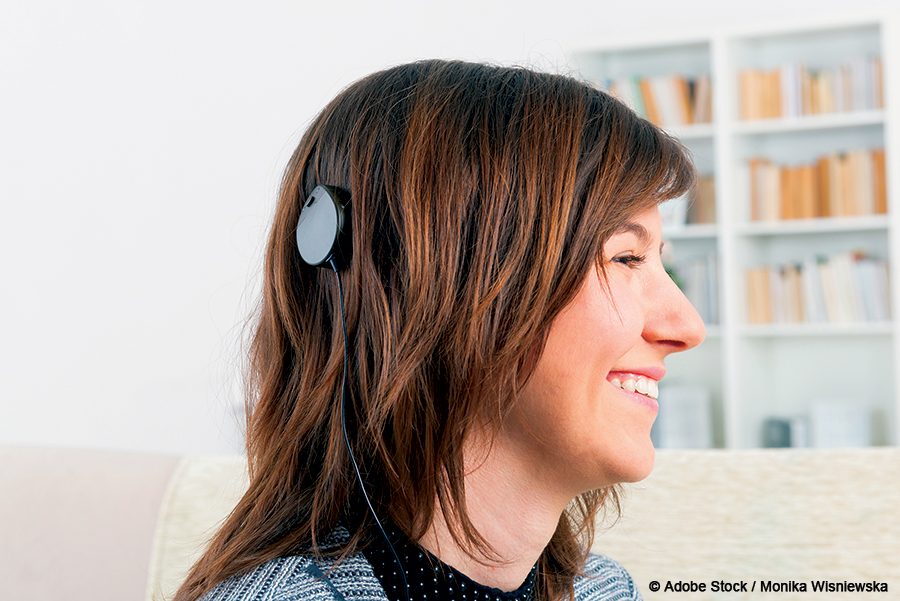People with bilateral cochlear implantation have diminished perception of musical attributes, which limits their emotional response when listening


People with bilateral cochlear implantation have diminished perception of musical attributes, which limits their emotional response when listening
Although functional outcome expectations are similar between candidates who elect to receive or forgo cochlear implants, the latter have higher baseline CI-specific quality of life abilities.

We review the current evidence to determine if cochlear implantation is an effective intervention for auditory rehabilitation after vestibular schwannoma treatment.

Many patients who would likely benefit from implantation are never referred due to poor regional access, and, perhaps most importantly, lack of established CIE referral guidelines.

Cost-effectiveness varies between adults and children.

There is evidence that steroid use may be beneficial to improve hearing preservation.

Newer studies assess the effect of cochlear implants on independent risk factors for dementia associated with hearing loss, including cognition, depression, and physical activity.

Temporal bone fractures occur in up to 20% of patients who sustain a skull fracture.
There was an improvement in health-related quality of life and a reduction of tinnitus and cognitive distress in patients with SSD after cochlear implantation.

Many adult patients who are good candidates for cochlear implants are missed because of significant variation among audiologists in how patients are preoperatively assessed and unfamiliarity with the most current […]